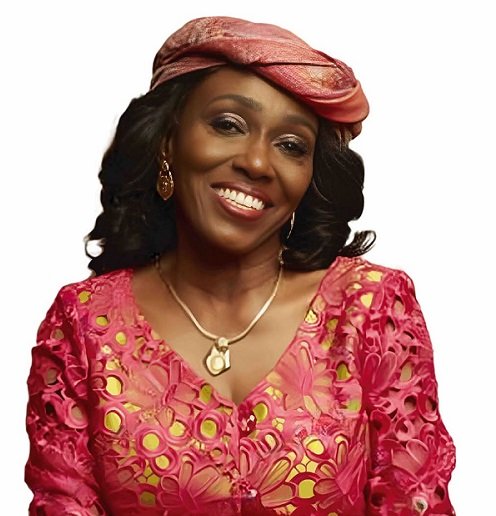News
30% of women who have Fibroids show symptoms of heavy periods- Dr Koby Appiah Sakyi

The Associate Professor of Medicine and CEO of Brittannia Medical Centre, Dr Koby Appiah Sakyi, has disclosed that only 30 percent of women who have fibroids show symptoms, with heavy, prolonged and painful periods being the most common.
According to Dr Sakyi, fibroids are non-cancerous growths in or around the womb that many women may have without knowing.
He stated that seven out of ten women will develop fibroids during their lifetime, but most of them, about 50 to 60 percent, do not show any signs.
“Many women only discover they have fibroids when they get pregnant and go for a scan,” he said.
He explained that for the few women who experience symptoms, the clearest warning sign is a change in their menstrual cycle.
“If your period was normally four to five days and now it lasts seven days, you bleed heavily, change pads quickly or soak yourself at night or during work, then it’s time to get checked. You may have developed fibroids,” he advised.
Dr. Sakyi added that fibroids can also cause pain during sex, a swollen lower abdomen that looks like a pregnancy, and difficulty in getting pregnant.
He added that in some cases, fibroids can lead to miscarriages or make it necessary for a woman to deliver by caesarean section because of where the fibroid is located.
He warned that women with a family history of fibroids, especially if their mother, sister or aunt has had them, are three times more likely to develop fibroids themselves.
Although the exact cause of fibroids is still not fully understood, Dr Sakyi said there may be a link to obesity, poor diet and certain lifestyle habits.
However, he noted that the scientific evidence supporting these links is not yet strong.
He encouraged women to pay attention to changes in their bodies and go for medical checkups, especially if they notice abnormal bleeding or have trouble conceiving.
By Jacob Aggrey
News
Family of late Nana Konadu Agyeman-Rawlings thank Ghanaians, invites tributes to celebrate her legacy

The Agyeman-Rawlings and allied families have expressed heartfelt gratitude to Ghanaians and friends around the world for the immense love and sympathy shown following the sudden passing of Mrs. Nana Konadu Agyeman-Rawlings, former First Lady of the Republic of Ghana.
Nana Konadu Agyeman-Rawlings passed away on Thursday, October 23, 2025.
In an announcement, the family invited individuals, groups, and institutions who wish to honour her memory to submit tributes via email to TRIBUTES@NANAKONADU.ORG.
They encouraged friends and well-wishers to share their personal experiences, photographs, videos, and memories of how the late former First Lady touched their lives through her work.
According to the family, those who prefer to submit hard copies may deliver their tributes and photos to Trudy at the Office of Former President Rawlings, located at No. 1 Sekou Toure Link, Ridge, near the Ridge Hospital.
The family urged that all tributes be submitted within two weeks of the announcement.
The family expressed appreciation for the continued prayers, kind words, and support they have received during this difficult period.
By: Jacob Aggrey
News
Government to build rehabilitation centers nationwide to tackle opioid abuse – Youth Minister

The Minister for Youth Development and Empowerment, George Opare Addo, says government will build rehabilitation centers across the country to tackle rising cases of drug and opioid abuse among the youth.
He explained that the centers will not be set up solely to address betting addiction, as reported earlier, but to help young people struggling with substance use and mental health challenges.
According to him, government-owned rehabilitation facilities are few, making it hard for victims to access proper care.
Mr. Opare Addo urged betting companies and other private organizations to support the project as part of their corporate social responsibility.
He said the initiative aims to give young people the help they need to overcome addiction and live productive lives.
By: Jacob Aggrey













